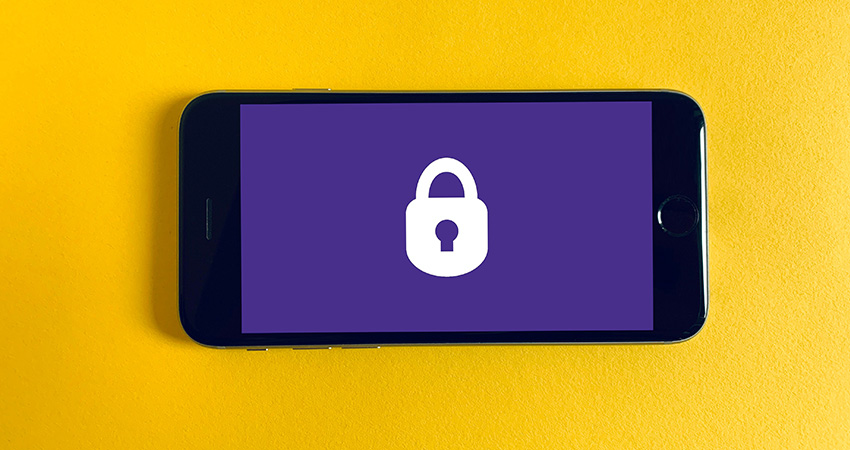Mobile app security: not optional (credit: Franck on Unsplash)
In an age of apps, just creating one for your brand or ecommerce shop isn’t enough. You need to ensure your mobile app security and protect user data from a deadly hack leading to a loss of customers and a major hit to your business.
So where to begin? Here are eight steps that must be taken to ensure mobile app security.
Penetration Testing
Also known popularly as ethical hacking or white hat hacking, penetration testing is a deliberate cracking of your mobile app to identify high-risk vulnerabilities in a controlled environment. This helps you understand not only how your app can be cracked but also the extent to which things can go wrong using any particular method.
Secure your Servers
Your app also connects to your server for downloading user data and content associated with various user accounts, so they need to be secured as well.
From encrypting data to protecting the link between server and app through SSL to installing real-time threat detection systems, there’s a lot you can do to protect your servers.
Improve Data Security
Without improving the security of data stored by the app on user devices, cybercriminals can use it to access their personal information. Here’re some steps that you can take:
- Always use device storage for user data
- Encrypt the data being stored on device to add an additional layer of protection
- Block screenshotting, masking and copying on the login page and every page where sensitive user information is entered or displayed
- Enable file data protection for iOS and Android devices
Use SSL Certificates for App Security
SSL certificates are generally considered important for website security, but they have an important role in mobile app security as well. For instance, they can be used to protect the payment gateway, often a prime target for hackers. Seeing an SSL certificate gives customers confidence they can safely transact on your ecommerce site.
Regularly Test Your App for Vulnerabilities
If you don’t, new vulnerabilities may emerge to threaten your mobile app security. The cybersecurity landscape keeps evolving with the advance of technology.
Be Careful While Using Third-Party Libraries
You have complete control over your code. You can do everything to ensure that it’s free from errors, bugs, and vulnerabilities. But what if the code from a third-party service that integrates with your app has some vulnerability? Unfortunately, there’s hardly anything you can do if your user data leaks from a third-party application, which is why you should pay special attention to the use of third-party libraries in your apps.
You never know which library lacks a crucial data security safeguard, so it’s always better if your app doesn’t share any sensitive user data with third-party libraries. Also, always use libraries that are updated regularly and comply with GDPR and other popular data security standards.
The Less Your App Knows, the Better
Most app makers try to capture as much information as possible about their customers, to enable more precise and relevant offers and promotions.
However, with greater data comes great responsibility (hat tip to Uncle Ben!). The more data you have, the greater the liability in the event of an attack. So whenever possible, minimize the amount of user data collected and stored.
Mobile App Security Training
Keep in mind that you can’t ensure mobile app security until both you and your team get educated about cybersecurity best practices.
Often, apps get hacked not because of a bug or vulnerability but because of a human mistake. So, word to the wise: Get yourselves trained on cybersecurity best practices.
Conclusion
Following these “8 simple rules” will help ensure the security of your mobile app, making it more difficult for bad actors to crack in and steal user data. And even if it does happen, the damage will be minimal. So now it’s your responsibility to implement these steps and ensure the safety of your mobile app.
Gunjan Tripathi is a digital marketing executive at CheapSSLShop

